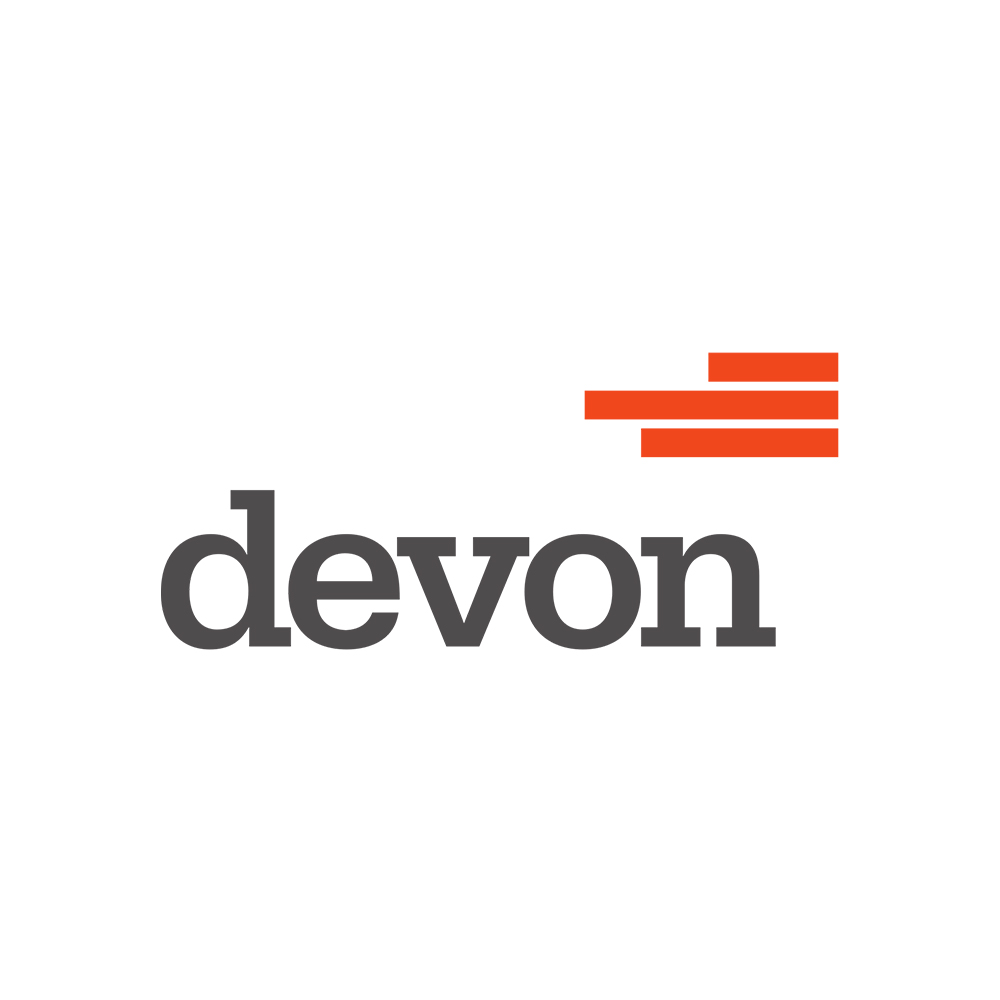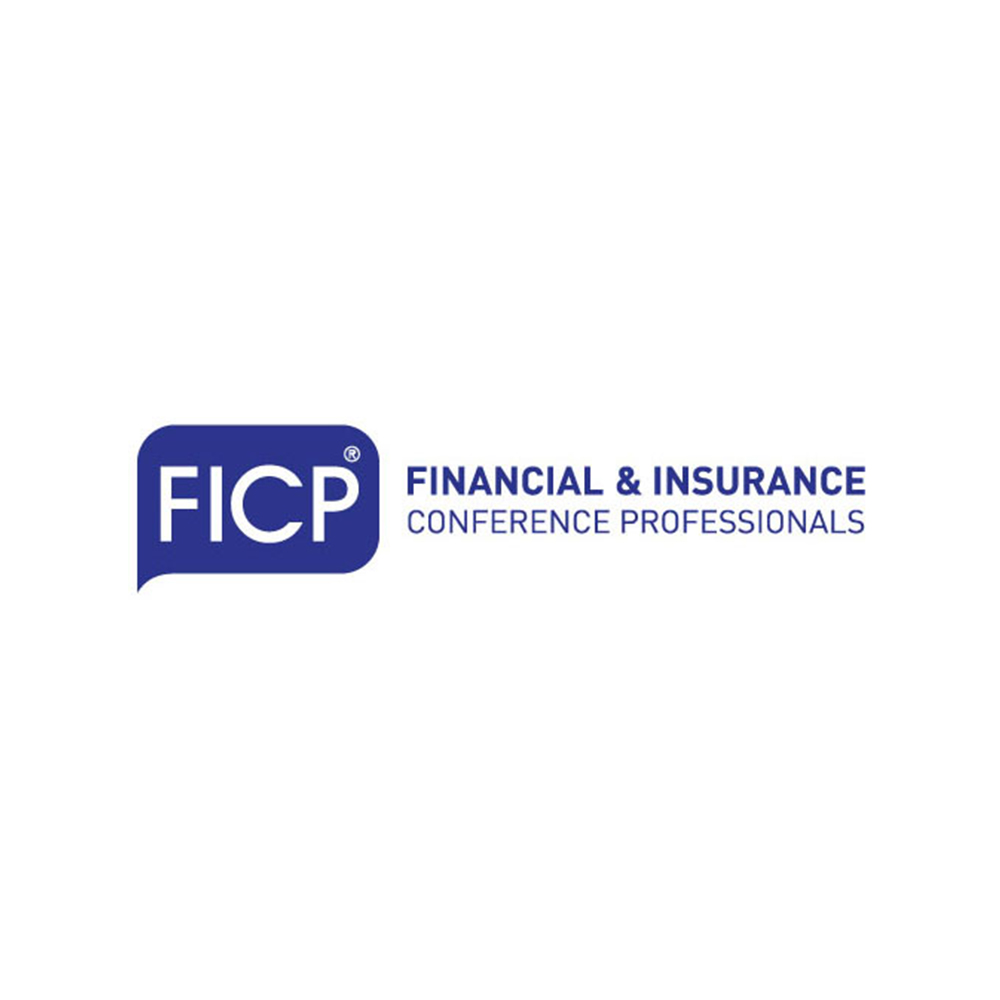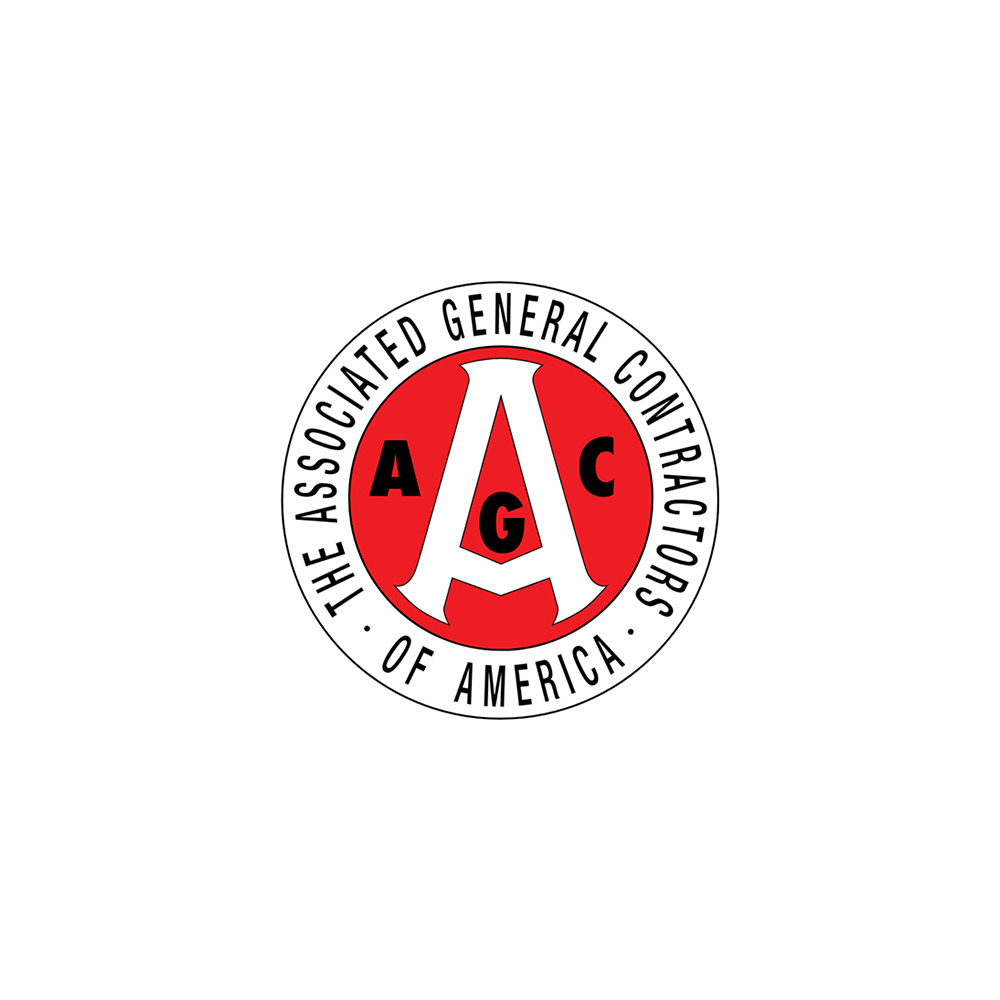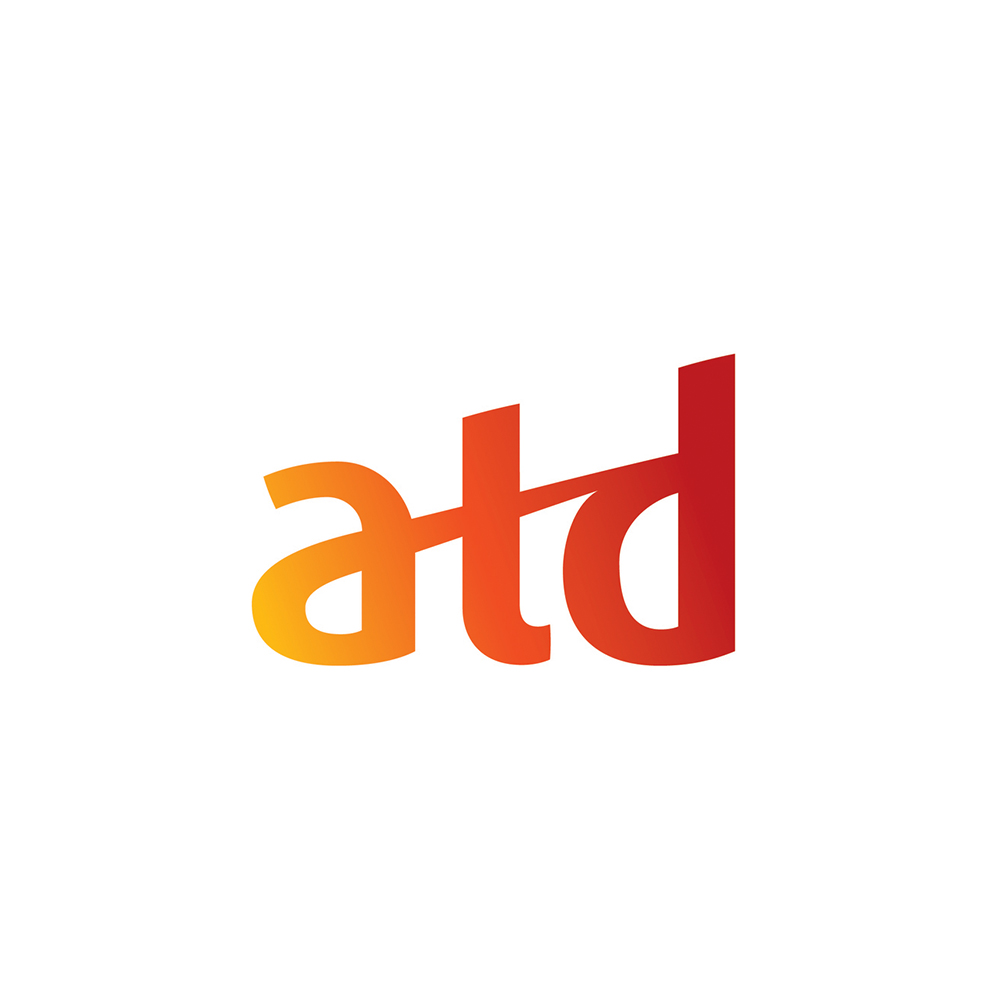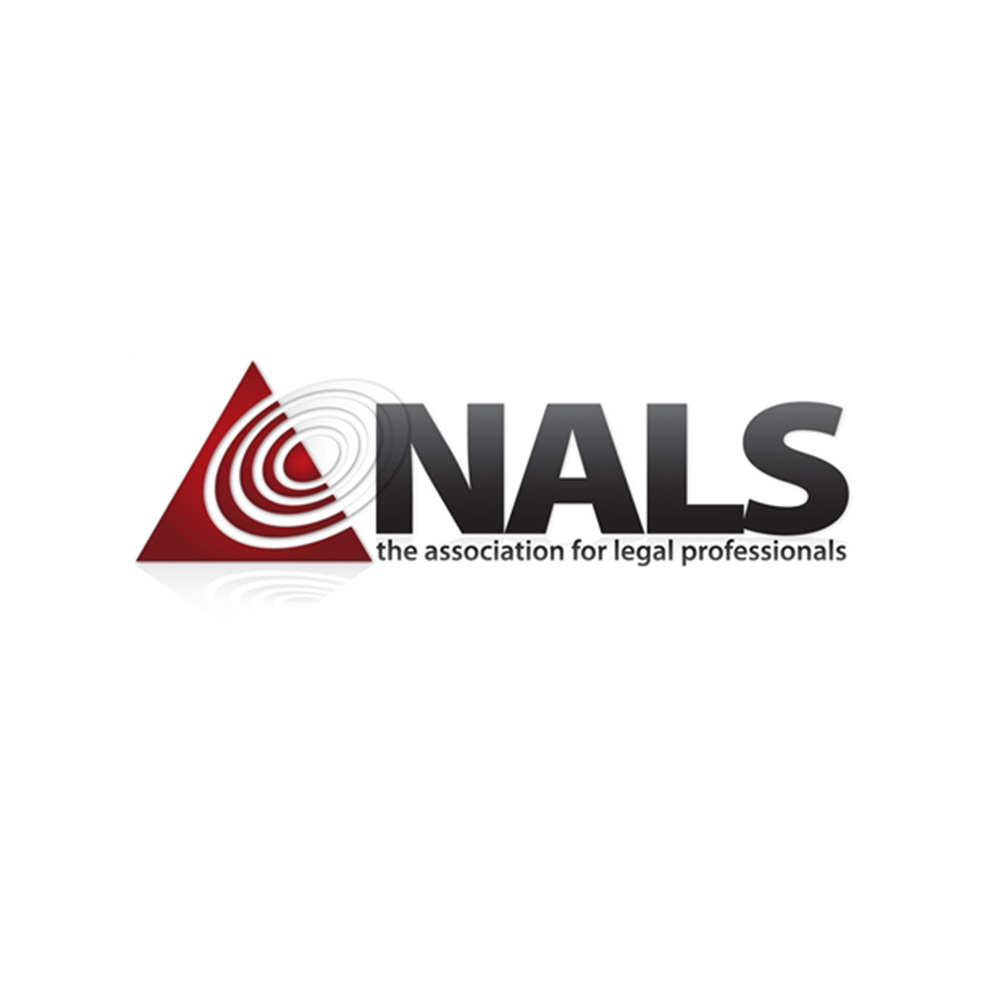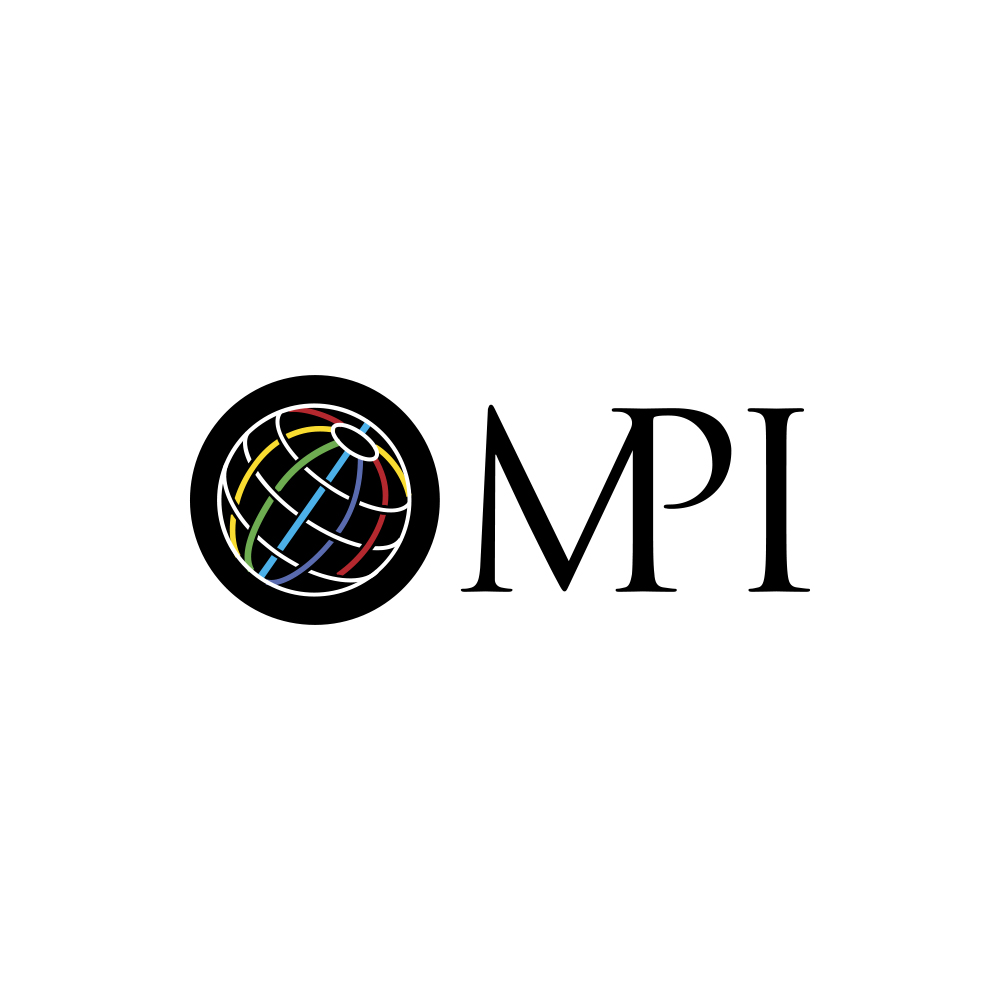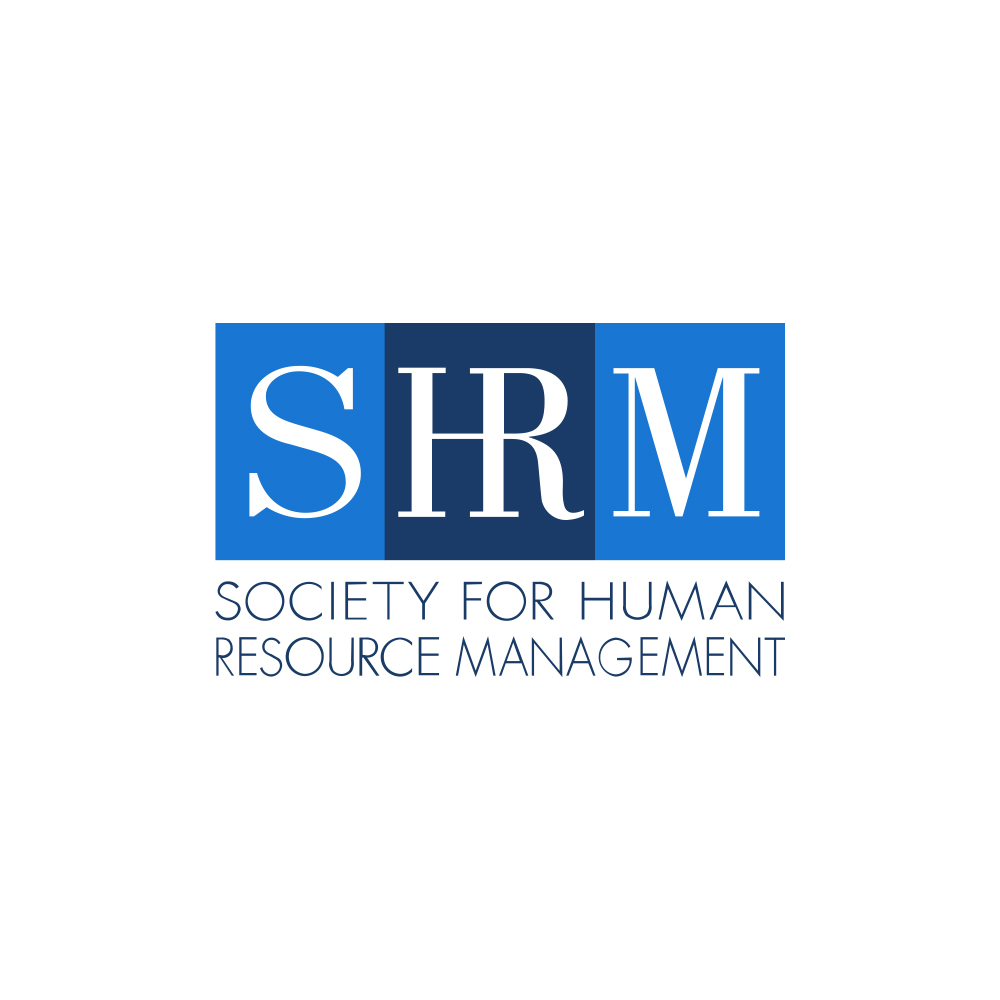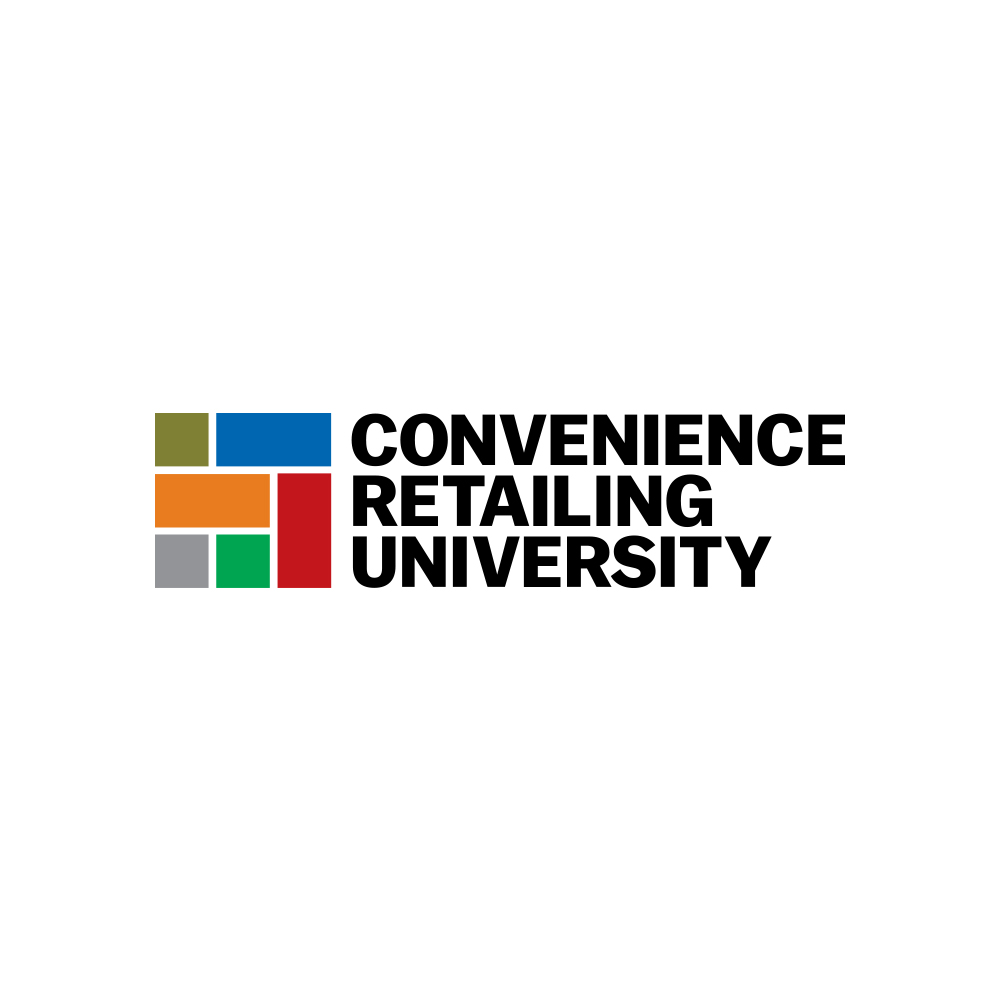How to Create an Outcome-Driven Plan to Achieve Better Team Performance
Outcome-driven plans can help your business achieve better team performance. When you shift your focus to outcomes rather than goals, it eliminates wasted effort and enhances clarity. Start with the end in mind!
*******
Now is the time to take action to make the second half of 2024 a success. As you develop your strategy, try a shift in approach to focus on the desired outcomes, rather than goals, for better performance.
I moved to the outcome-driven plan approach several years ago. As I consulted with clients across industries, I would see people working hard. But I also saw wasted effort. The waste occurred because team members did not have a clear end-state. Instead, they would create a lot of action through goal setting. The caution is that action does not equal progress.
New research from PwC indicates that successful leaders are “more than a little obsessed with achieving the outcomes that matter.”
To help you and your team, I’m sharing the outcome-driven plan technique I use with my team and clients. When executed well, it can improve performance immediately.
How to Implement the Outcome-Driven Technique:
- Start with the end in mind and describe what it looks like.
Goal setting is valuable. It measures action well–but it assumes that if X happens, then Y will occur. For example, if you take a project management class, then you will be a better project manager. You can see how this plays out over the year. The person enrolls in and takes the project management course, and then checks the box. Goal completed. But why take the course? What development was to be mastered? Was it a new skill, more experience, greater knowledge, or a behavioral change? What if the intent was this instead: “By the end of June, I need you to be leading x kind of project without me needing to be involved in its daily operations”? This helps better establish what success would look like for the individual. This approach defines the end state and the why we are seeking in their development. In doing so, it changes the conversation from “attend a course” (where it assumes I know the solution) to “how do we help you achieve that?” (which engages the person to define potential solutions). Multiple options or actions can be part of the plan, versus the one option assumed in the if/then approach. - After the end is established, discuss options to achieve it.
This step is a key difference from most performance reviews, because instead of the leader defining the action (if…then…), it places accountability on the individual to think about what and where they need development to “get there.” Is it a course? Is it shadowing another person? Is it a confidence challenge? By approaching the performance through establishing what the end state looks like, the review shifts into a coaching discussion where root causes and options are defined and refined, creating a better plan for the person to pursue. - Establish goals to measure progress toward the end state.
This is when goals become useful. They establish points along the way to check progress toward the agreed-upon outcome. Think of them as milestones, or “checkpoints” throughout the year to see how the person is doing. If a goal is met, then we should reflect to see if it helped move toward the end state. If it did not, then an additional action or goal may be needed. In the example above, if the person did complete the project management course, but they are not ready to lead the project without your involvement, then why? Did the course not address their development need? Is there still something else needed to get them ready to lead? This enables the leader to serve as the coach throughout the year, leveraging their experience to help the individual attain their potential and achieve the outcome.
The shift from goal-leading to outcome-driven performance development is profound. It is not easy or fast on the front-end. It requires more conversation and coaching. But in the long run, by engaging the team members in their development, the quality and value of their performance will improve substantially.
Transform Your Business with Outcome-driven Strategies
Ready to turn disruption into opportunity and elevate your team’s performance? Let’s work together to implement outcome-driven planning that drives real results. Contact me today to explore how my leadership keynote speaking, executive coaching, and facilitation services can help you achieve your goals and unlock your team’s full potential.




